You’ve been cleaning the yard and noticed some wiggly segments in your dog’s stool. These creepy crawlies are tapeworms. Do you need to worry about your dog acquiring these intestinal parasites, and how can you get rid of them? Let’s find out.

What Are Tapeworms in Dogs?
Tapeworms are a type of intestinal parasite. Several species can affect dogs. These long parasites are a type of flatworm and can be as much as 28 inches long.
You’re likely to see the segments that break off from the main body of the tapeworm in your dog’s stool. Sometimes (as gross as it might be), you’ll see the wiggly segments moving around your dog’s perineal area.
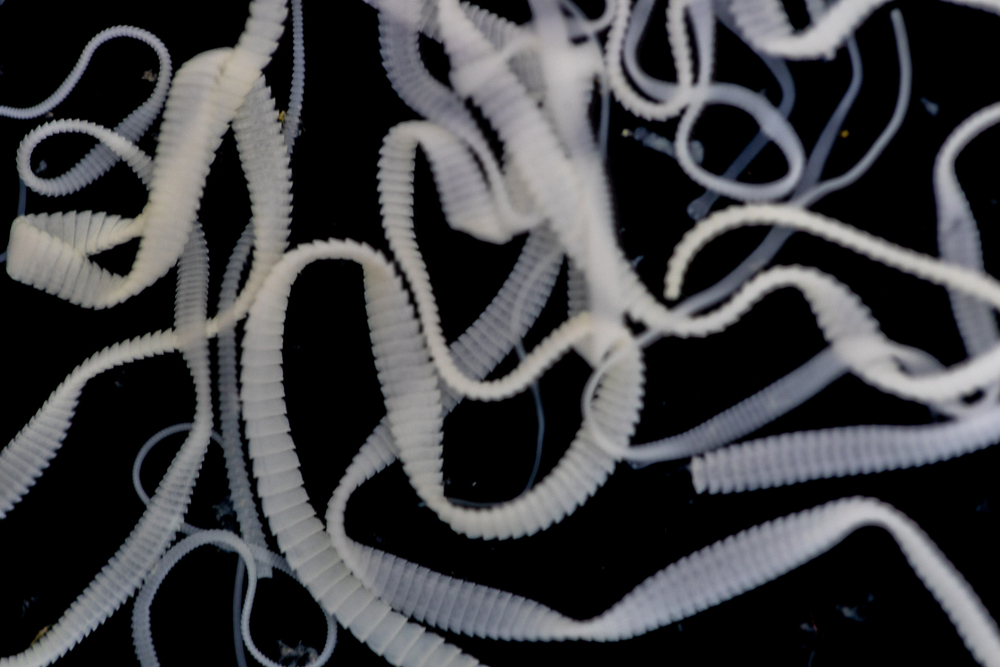
What Are the Signs of Tapeworms in Dogs?
The main sign of tapeworms in our canine family members is the appearance of tapeworm segments, which are also known as proglottids. You might see these segments around your dog’s fecal material, rectal area, or bedding where your dog has been lying.
The tapeworm proglottids are often compared to grains of rice. Sometimes, they’re moving, but you or your veterinarian might see them dried up and stuck in your dog’s hair.
Most commonly, there aren’t any signs of tapeworms in dogs. Occasionally, your dog will have gastrointestinal signs or weight loss, but that’s most often due to a heavy worm burden. Some dogs will scoot their rears along the ground, but other issues, such as full anal glands, can also cause that.
If you suspect that your dog may have contracted tapeworms, you should contact your vet.
If you need to speak with a vet but can't get to one, head over to PangoVet. It's our online service where you can talk to a vet online and get the advice you need for your dog — all at an affordable price!

What Are the Causes of Tapeworms in Dogs?
The most common type of tapeworm in dogs is Dipylidium caninum. Your dog gets these tapeworms by eating a flea infected with tapeworm larvae.
Another type of tapeworm is the Taenia species. Dogs can get these by eating rodents that are infected with tapeworm larvae.
When your dog has ingested the tapeworm larvae, the parasites develop into adults within your pup’s small intestine. They attach to your dog’s gut lining to siphon off nutrients.
Segments of the tapeworm are full of tapeworm eggs, generally up to 20 eggs. When the segment breaks off, it can end up in your dog’s environment. Unfortunately, these parasites are tasty to rodents and fleas, who eat them and perpetuate the cycle.

How Do I Care for a Dog With Tapeworms?
If you see tapeworms on your dog or in their stool, they will need a deworming medication. Praziquantel is available in several forms:
- Oral medications
- Topical formulas
- Injection from your veterinarian
For some dogs, Interceptor Plus is an excellent option for heartworm prevention. In addition to protecting against heartworms, it deworms your dog monthly for parasites like tapeworms.
You’ll want to protect all the pets in your household against fleas. There are topical preventions, oral tablets, and even collars. If fleas are a big problem, you may need an exterminator to come out and treat your house and yard. If you also have cats, it is vital that you don’t use your dog’s prevention medication on your cat, even if they’re the same size. Many dog prevention methods are very toxic to cats.
You should also ensure that there’s no obvious rodent problem in your yard or house to which your pets could be exposed.
If you’re not sure if your dog has tapeworms, contact your veterinarian. They can look at the segments and determine if they are tapeworms. Sometimes, your veterinarian might see them as part of a routine physical exam.
A fecal exam is often utilized to diagnose intestinal parasites. It’s important to understand that these are sometimes falsely negative. There are two significant reasons for this: first and foremost, the tapeworm segments are shed intermittently, so they might not be visible in the fecal sample. In addition, most fecal exams are done via a fecal floatation technique. The tapeworm eggs tend to be heavy and sink rather than float.
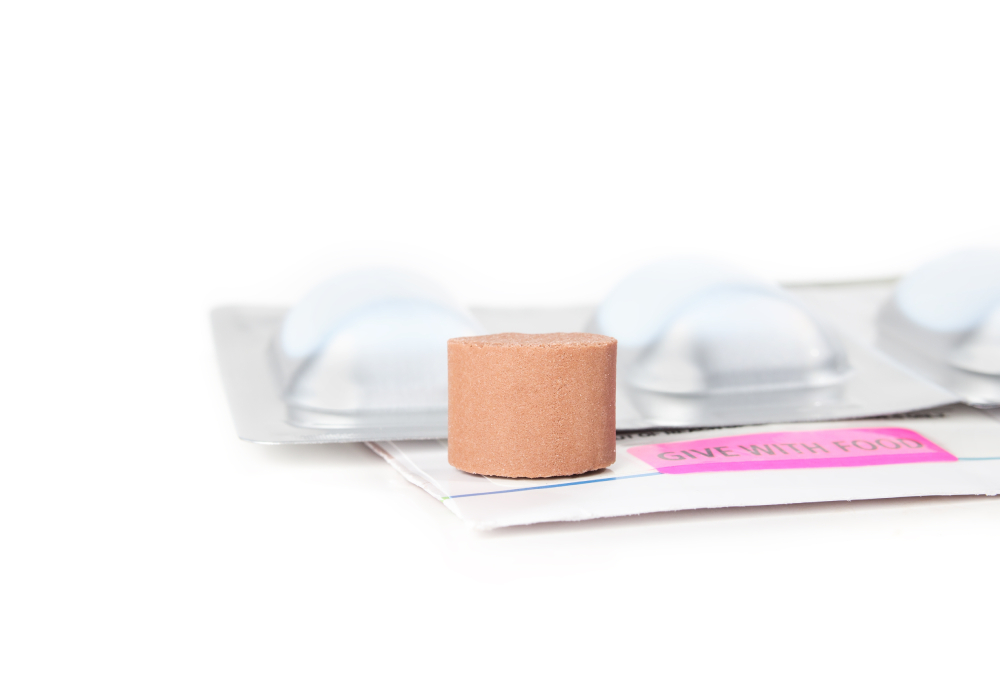

Frequently Asked Questions (FAQ)
Can I get tapeworms from my dog?
Traditionally, we don’t think of tapeworms as zoonotic or contagious to people. You won’t directly get them from your dog. Topi would need to ingest a flea infected with tapeworm larvae to get tapeworms.
Can I get tapeworms from my dog licking me?
Some intestinal parasites can be transmitted between humans and their pets. The good news is that you won’t get tapeworms from your dog licking you.
Why does my dog keep getting tapeworms?
If your dog keeps getting exposed to fleas, they might keep getting tapeworms. Use flea prevention every month to help keep these pesky pests away from your dog.

Conclusion
There’s no way around it: for many of us, tapeworms are very gross. The good news is they are easy to treat and prevent from recurring by using effective flea control measures. Your veterinarian can help you find the best flea prevention option for your pet.
Featured Image Credit: Zontica, Shutterstock


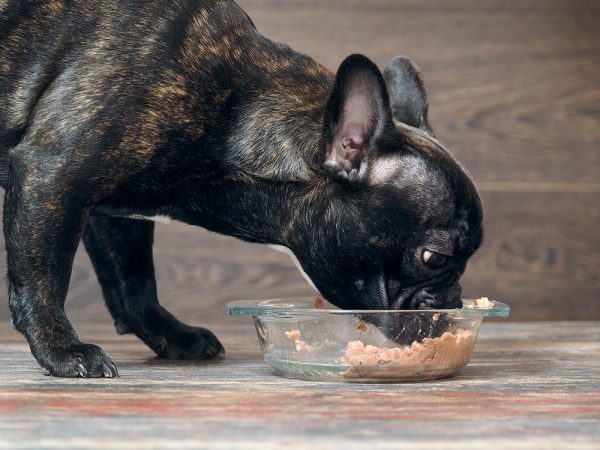


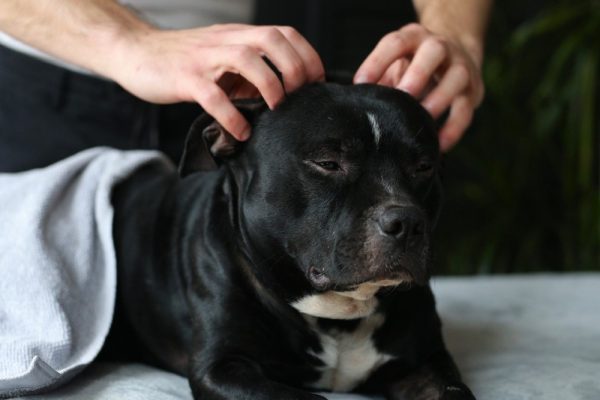







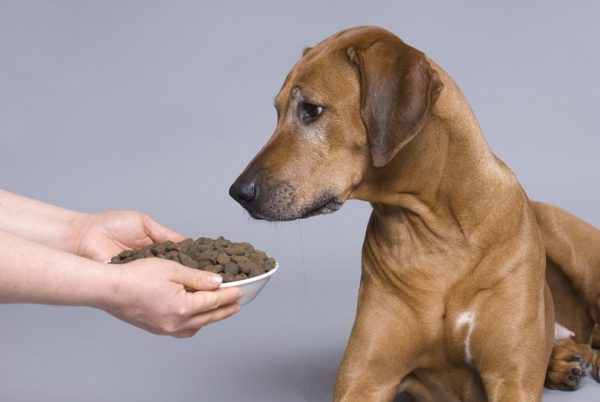
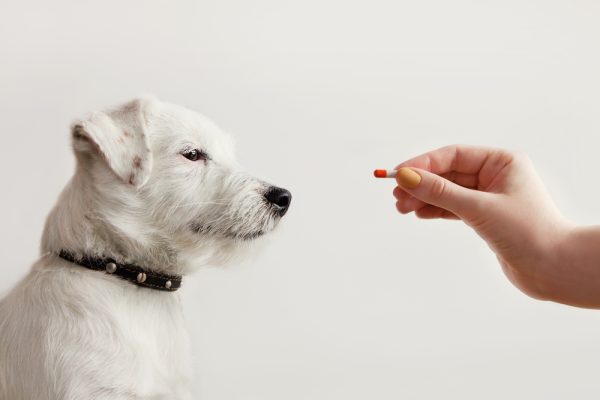
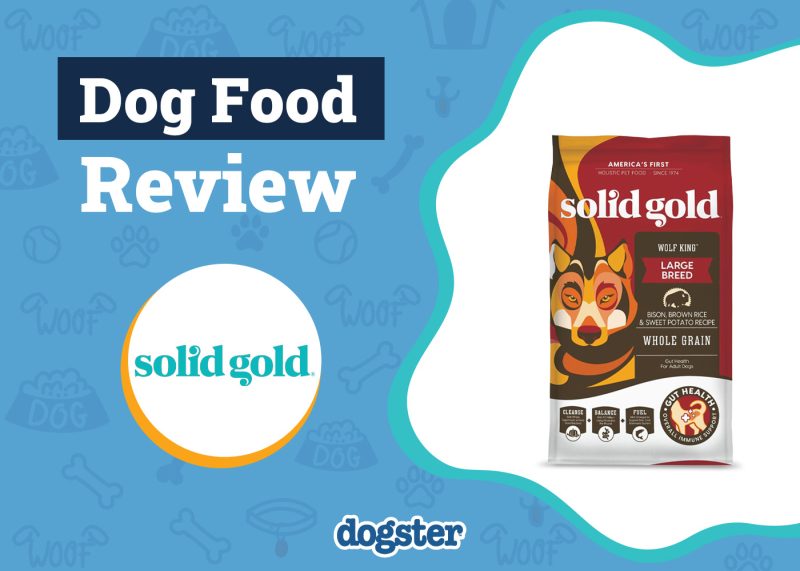



2 Responses
My dog has recently lost a lot of weight. I can see his backbone and ribs ! His belly is distended . He is eating and drinking but is still losing weight.
Hello Reba,
thank you for your message, although we are sorry to hear about your dog's health issues! Unfortunately, this sounds like something that should be addressed by a professional veterinarian.
If you can't get to one at the moment, you can book an online video-call appointment with one of the veterinarians from www.PangoVet.com. In 20-minute video-call they will take a look at your dog, help you figure out the cause of the weight loss and tell you what should be the next steps to help your dog.
Hope this helps!